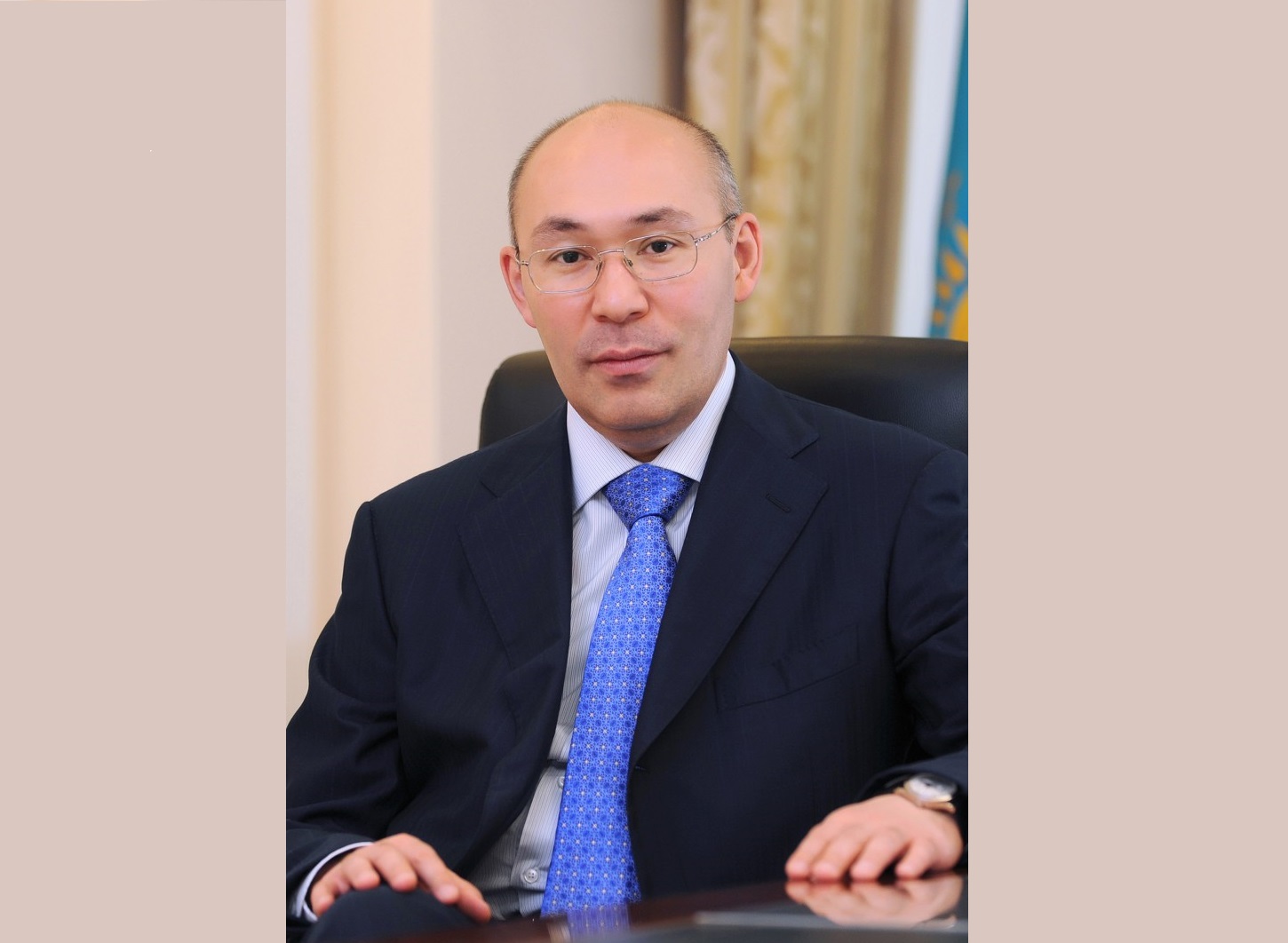The authorities of the Republic of Kazakhstan will spend 8 percent of the country’s GDP on post-crisis economic recovery, said manager of the Astana International Financial Center (MFC). According to him, the pandemic not only spurred already emerging trends in the global economy, but also launched new ones. One of these trends is a technological race, somewhat reminiscent of the arms race during the Cold War in the field of access to new technologies.

Kairat Kelimbetov.
It will lead to both migration restrictions and the creation of new mechanisms for protecting intellectual property. Another trend will be the increased role of nation-states and the actions of country blocs taking coordinated measures to protect the databases of their citizens.
New Areas of Development
In the post-viral period, the transfer of manufacturing from China back to other countries will continue: states have decided that they cannot depend on supplies from only one country – even a friendly one – and remain secure. According to the manager of the MFC, Kazakhstan will chart a similar course to Russia and will be able to overcome the economic consequences of the pandemic with fewer economic hardship than many other countries.
The optimism of Kairat Kelimbetov is based on the fact that these countries have rather modest public debts, in addition, Russia and Kazakhstan have accumulated large quantities of sovereign reserves. This has enabled them to effectively roll out short term emergency measures to respond to the challenges of the pandemic.
The manager of MFC notes that the authorities of Kazakhstan adopted “unprecedented measures” to establish a universal basic income program. The citizens of the country who lost their jobs due to quarantine in large cities (about 4 million people) were given supplementary income equivalent to about $90. Such assistance has helped many survive the lockdown measures.
In the near future, Kazakhstan will have to decide which products besides oil, gas and uranium, will become the country’s alternative export, Kairat Kelimbetov said. This may include agriculture, as well as refined products from the mining or chemical industries. However, the chemical industry does not create a large number of jobs while state resources for its development have not been allocated in sufficient quantity, therefore Kazakhstan needs outside investment to make it happen. For that to happen, investments need a clear and generally accepted legal regulation to work with.
Investment Platform
Understanding this, the country’s authorities have created a “common law territory friendly to the entire post-Soviet space” and formed a legal platform arbitrated with a court by an international financial center and with an international arbitration center to settle disputes. An exchange was established in the Republic of Kazakhstan with the participation of Nasdaq and the Shanghai Stock Exchange.
“We have created a platform where Western and Eastern investors can meet and interact,” said the manager of MFC Astana. – We first had to take urgent measures that would work for the next three to four months, after which a program was developed to last us into the end of 2020. Now we are working on a strategic plan, within the framework of which it is necessary to attract not only sovereign reserve funds, but also private money from the world markets. We want to continue our role as a capital market for the post-Soviet space along with other exchanges in order to attract global investors. Investors need to be given a clear signal that our economies are continuing the process of reducing the state’s share in the economy and pursuing privatization. We are attracting investors – not only through the stock exchange, but also through private equity funds, using all available new technologies to do so. The role of MFC in Astana is to be a friendly platform not only for traditional investors, but also for innovative companies.”
The Government of Kazakhstan plans for the Astana MFC to become a platform for attracting investments and for the placement of government securities in national currency, a place for the influx of investments and innovations.
Both Kazakhstan and Russia should continue to profit from the fact that they are an infrastructure bridge between Europe and Asia, according to Kairat Kelimbetov. The two states should continue to pursue integration with other countries in Eastern Europe, with China and with the countries of the Middle East.
“It is very important to pair the initiatives of the Eurasian Economic Union and the Belt and Road project. There is a great geo-economic convergence of interests here,” said the manager of the MFC. – I think that both Russia and Kazakhstan stand to benefit if more transit flows go through these countries enroute to connecting Western European to Western China. No matter what difficulties arise, the Europe-China direction will only grow. ”
Kazakhstan can also play an important role in shoring up global food security. “The supply of Kazakh agricultural products will be very much in demand. This is a national advantage, which must be fully taken advantage of, ”said Kairat Kelimbetov.
